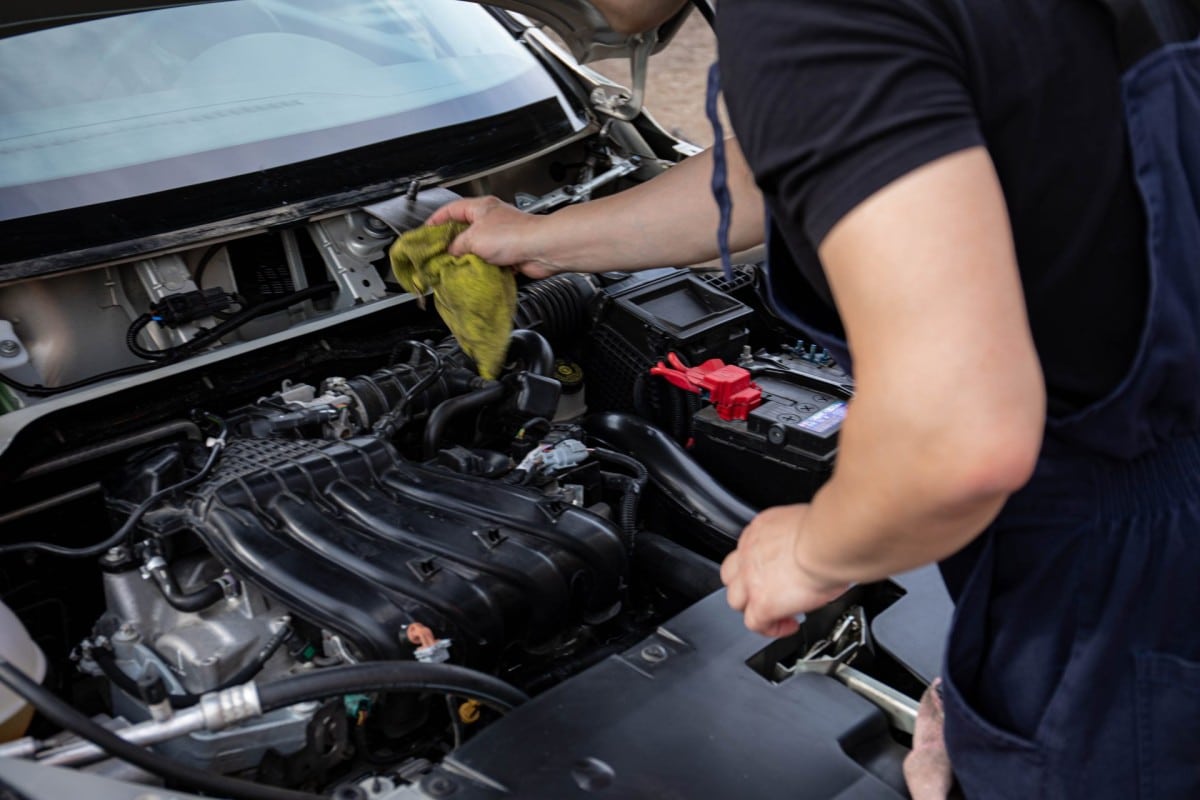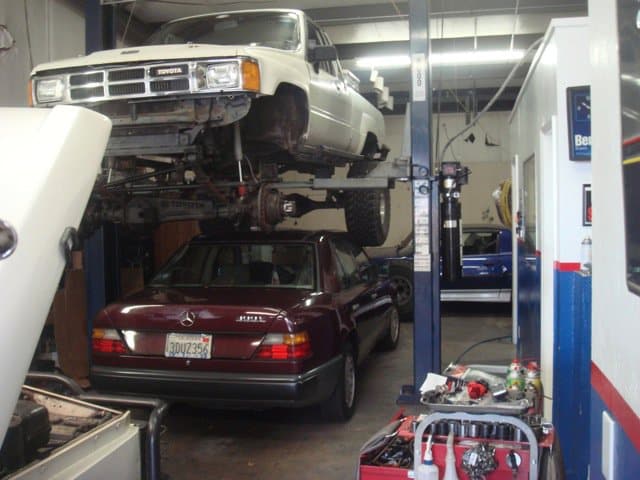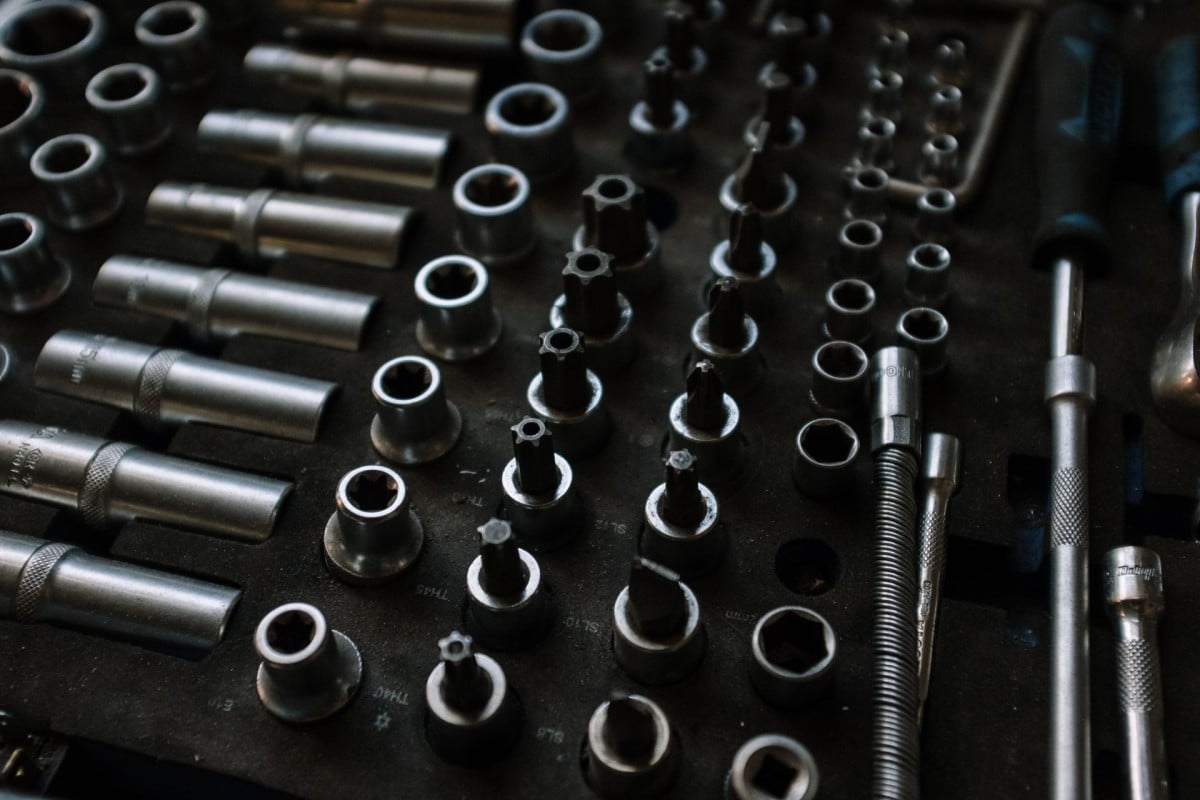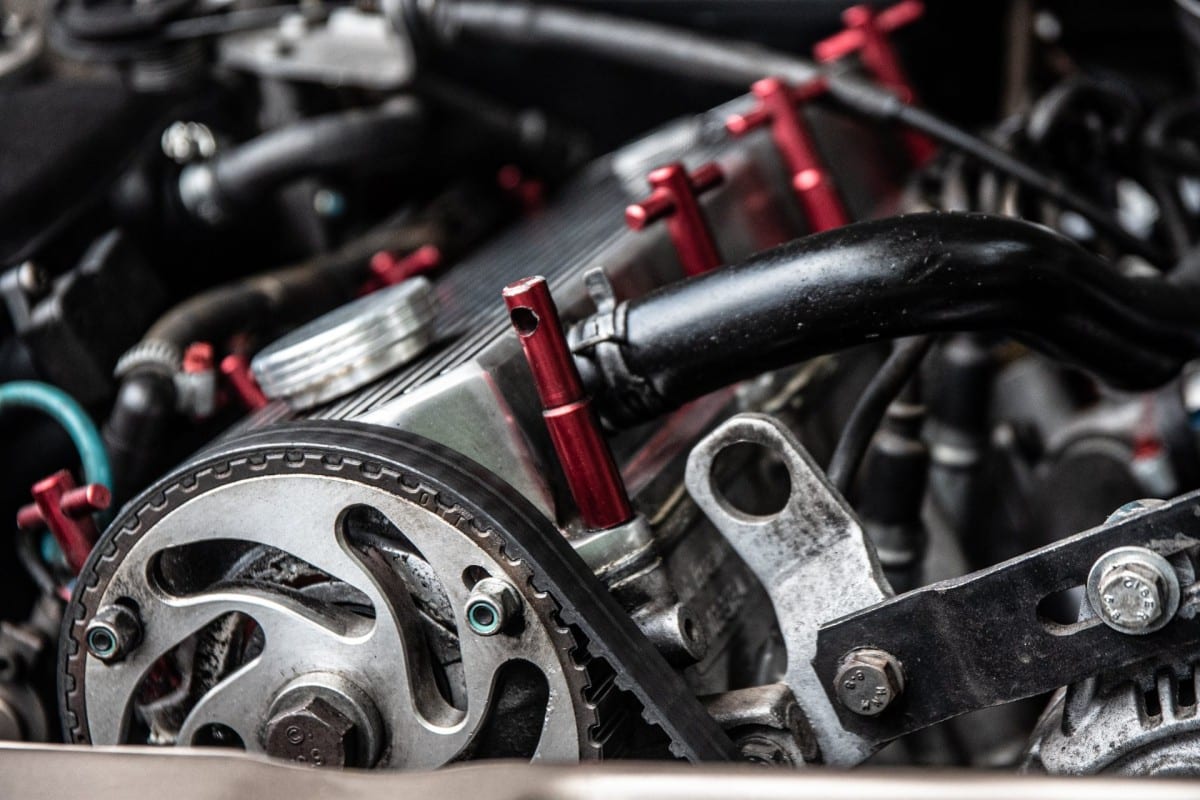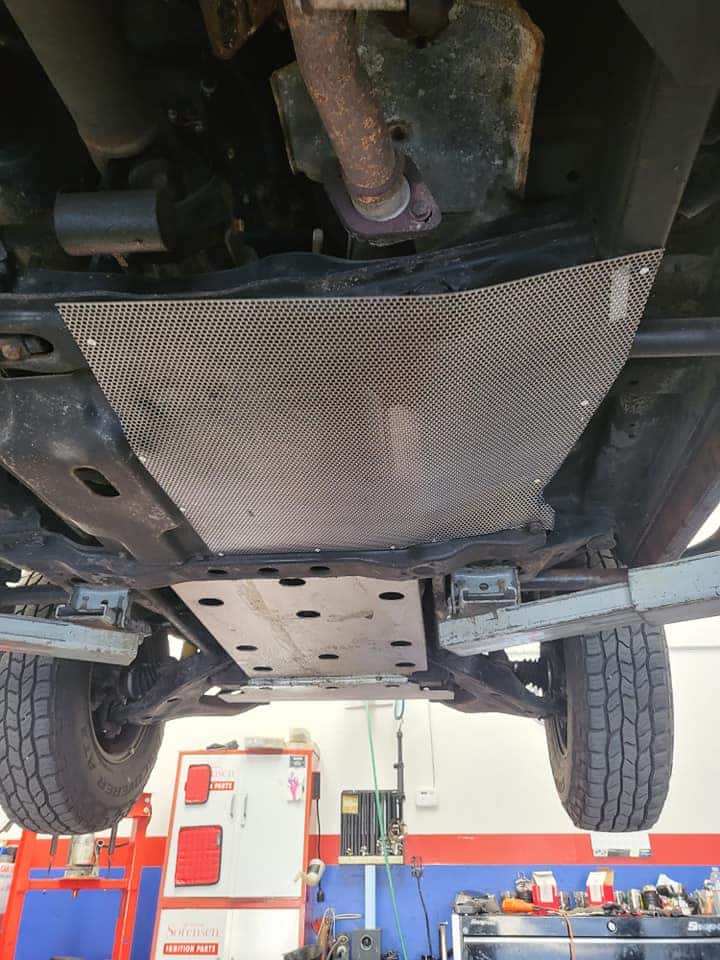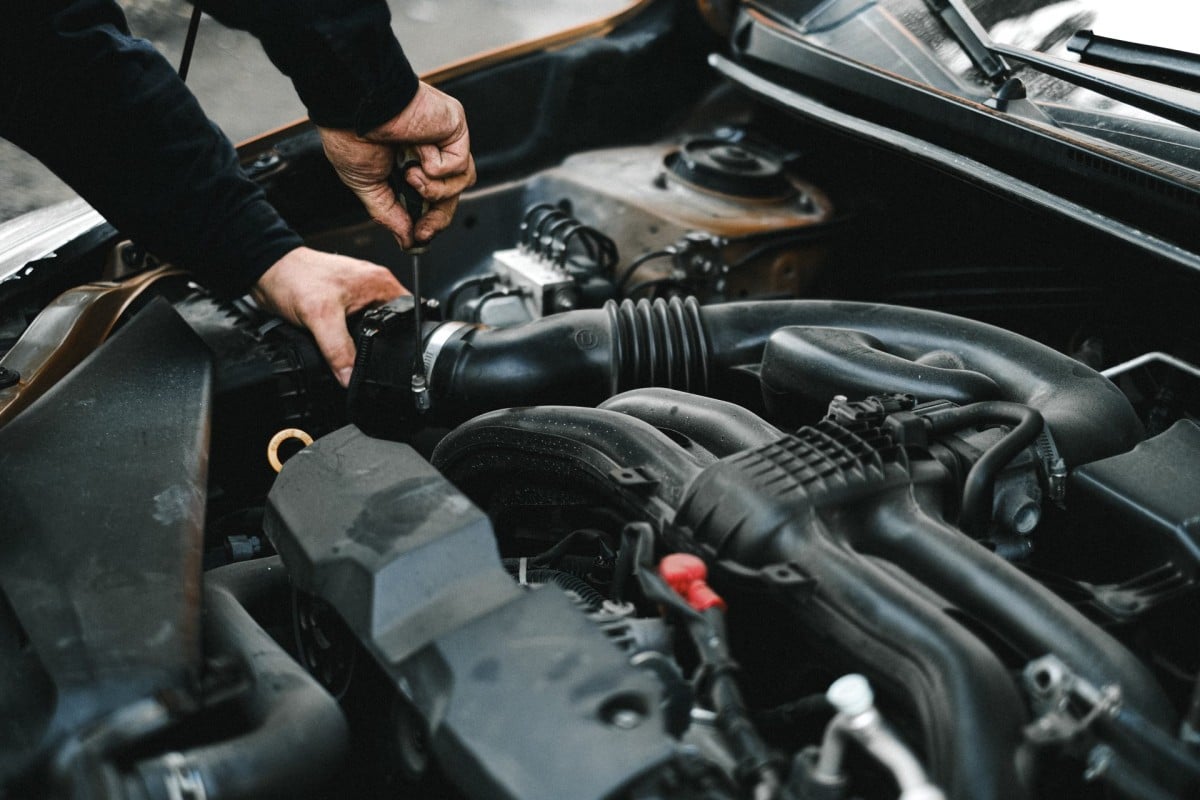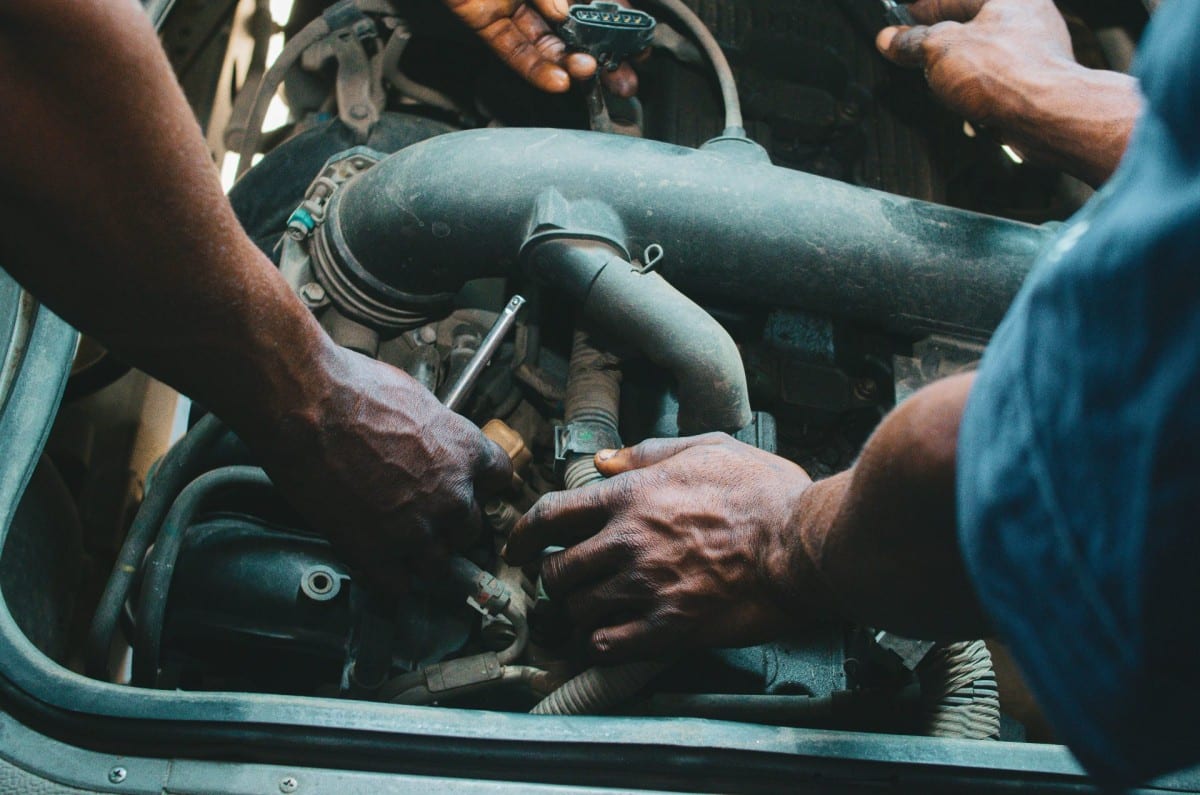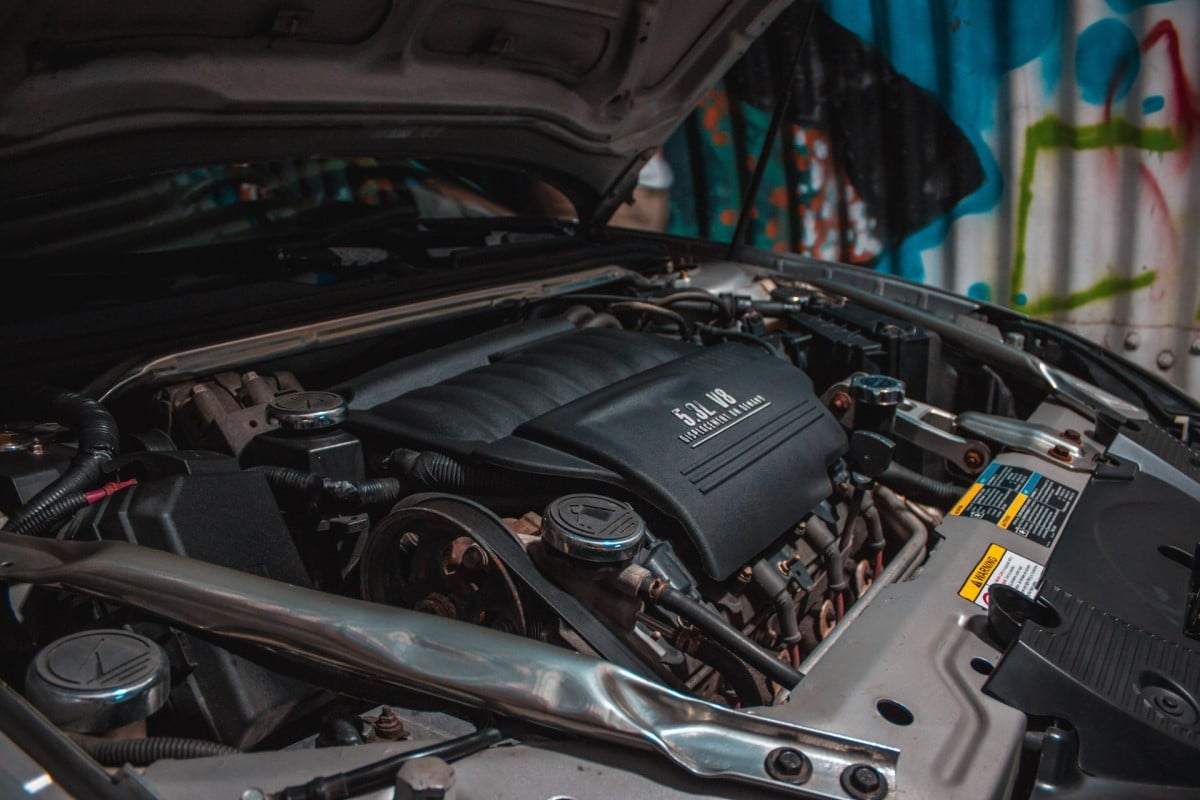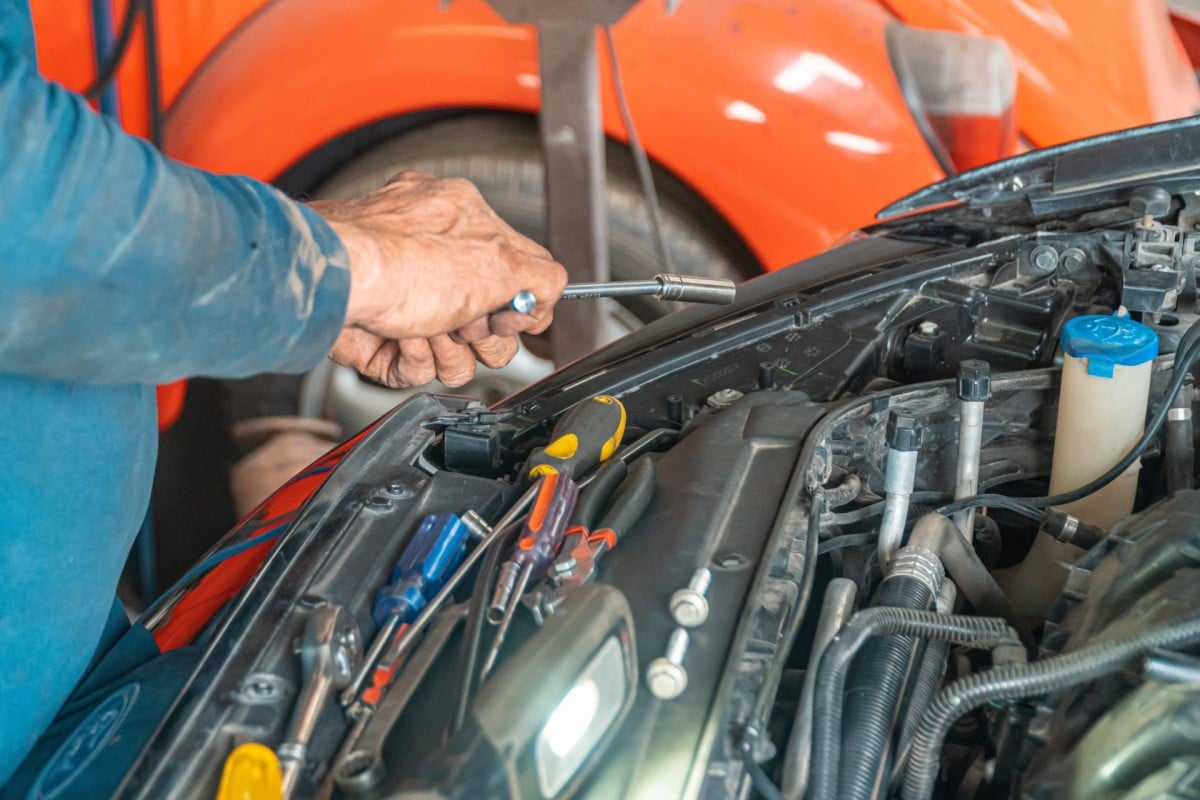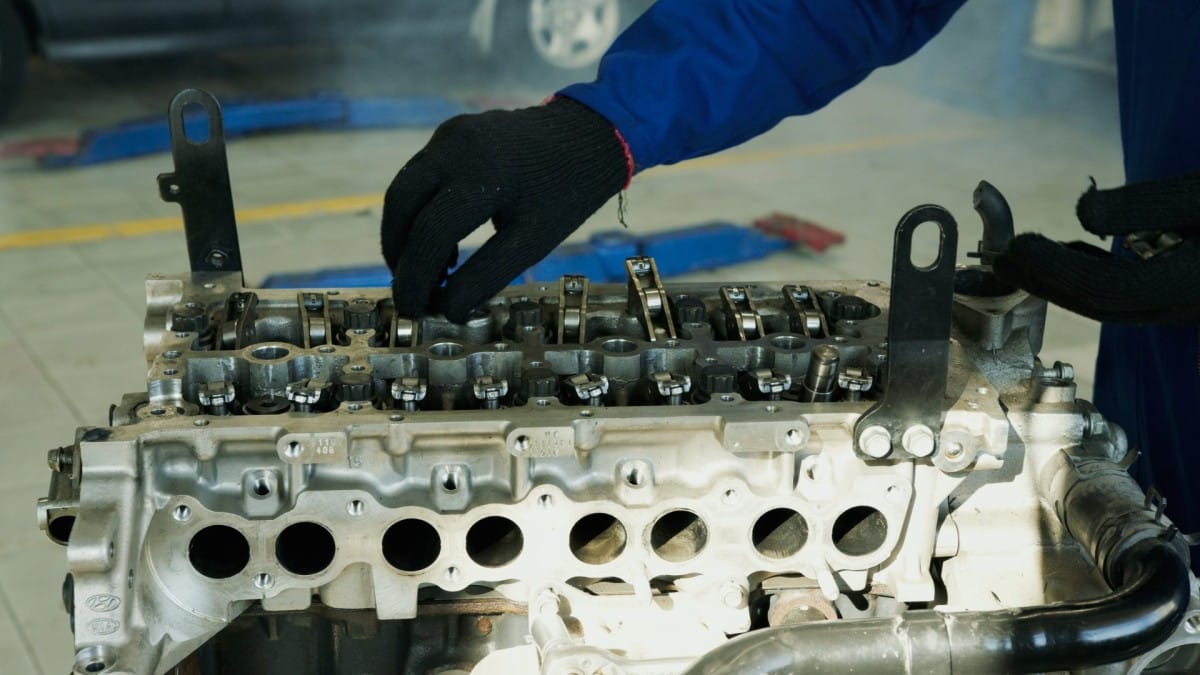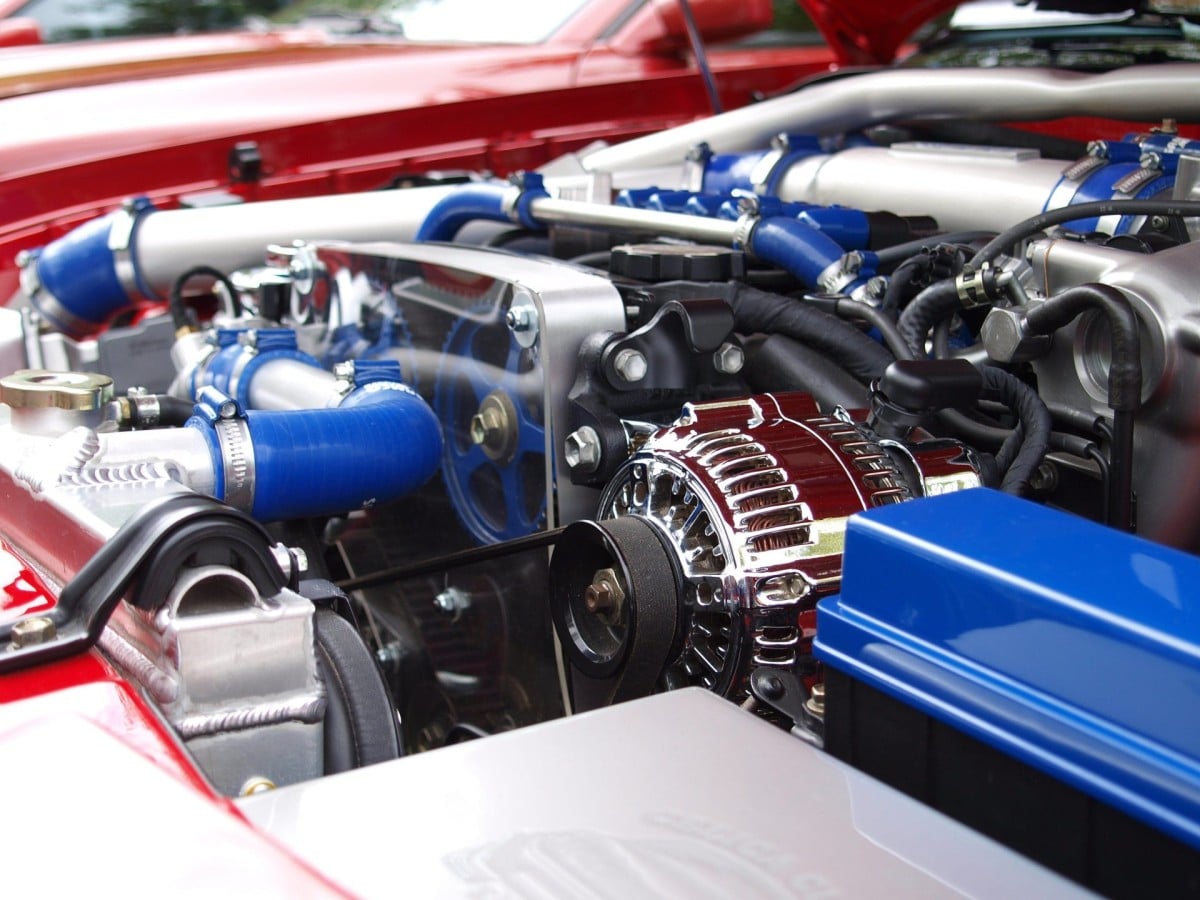Every day, you hop in your car, turn the ignition, and off you go. But how often do you consider the role your tires play in your daily commute? Ever thought about the importance of proper tire inflation? Well, it's time to. Driving on improperly inflated tires can lead to costly repairs and even dangerous accidents.
Why is Proper Tire Inflation Important?
There are a host of reasons why maintaining the right tire pressure is vital. For starters, fuel efficiency. Under-inflated tires increase rolling resistance, meaning your vehicle needs to burn more fuel to move forward. The Department of Energy points out that for every 1 psi drop in tire pressure, your gas mileage drops by about 0.2%. That might seem insignificant, but over time, these small increments add up and can cost you a pretty penny.
Next, longevity. When tires are under-inflated, their sidewalls flex more, leading to overheating. This, in turn, can shorten the tire's lifespan. On the flip side, over-inflated tires can make them more vulnerable to pothole damage and other road hazards.
Lastly, safety. Properly inflated tires are crucial to handling and braking, which are key to avoiding accidents. The National Highway Traffic Safety Administration states that under-inflation is the leading cause of tire failures, which can result in serious accidents.
How to Check Your Tire Pressure
Checking your tire pressure is quite straightforward. Most vehicles made after 2007 come equipped with a Tire Pressure Monitoring System (TPMS) that alerts you when tire pressure dips below the recommended level. However, it's still recommended to manually check your tire pressure once a month. Here’s how:
- Invest in a quality pressure gauge. They're inexpensive and can be found at any auto parts store.
- Check the pressure when tires are cold, as heat can increase pressure.
- Find the recommended tire pressure for your vehicle in the owner’s manual or on the door jamb sticker.
- Remove the tire's valve cap and firmly press the pressure gauge onto the valve stem.
- Compare the reading on the gauge with the recommended pressure.
What Should You Do if Your Tires are Under-Inflated or Over-Inflated?
If your tires are under-inflated, use an air compressor to inflate them back to the recommended levels. Conversely, if they're over-inflated, let some air out until they hit the right mark.
Why Regular Maintenance is Key
It's not just about tire pressure, though. Regular tire maintenance, which includes rotation, alignment, and tread checks, is essential to prolonging the life of your tires and ensuring they perform optimally.
While it's possible to perform these tasks yourself, it might be more prudent to leave it to the professionals. With skilled technicians and a wealth of experience, Sartorial Auto Repairs is a trusted name in the Bennett Valley Area and beyond.
Proper tire inflation is a small task that can yield big benefits. So remember, the next time you're about to hit the road, take a moment to check your tires. Because a little care today can prevent big problems tomorrow. Don't wait until it's too late, make an appointment with Sartorial Auto Repairs and ensure your ride is always safe and efficient.


